
German army Minenräumpanzer MiRPz Keiler mine clearing armored vehicle. (Picture source Wikimedia)
The MiRPz (Minenräumpanzer - Mine Clearing Tank) Keiler is an engineer armored vehicle designed to clear anti-tank and anti-personnel mines in a variety of environments, including urban and rural areas, as well as in difficult terrains such as mountains and deserts.
The MiRPz was developed by the German companies MaK GmbH in Kiel, and Thyssen Henschel Wehrtechnik which are now part of Rheinmetall Defense. The vehicle is based on the tracked chassis and the hull of the M48 Patton A2C MBT (Main Battle Tank). Between 1996 and 1998, a total of 24 engineer vehicles were delivered to the German army.
The original turret of the M48 Patton A2C MBT has been removed and replaced by engineer tools and mine clearing system. It is equipped with a variety of mine-clearing systems, including a mine plow, a mine roller, and a mine flail. The mine plow is used to dig up and clear mines, while the mine roller is used to detonate mines by placing pressure on them. The mine flail is used to destroy mines by striking them with a chain.
The MiRPz Keiler also has a remote-controlled arm, which can be used to safely detonate mines from a safe distance. Additionally, the vehicle is equipped with advanced sensors and communication systems, which allow it to detect and identify mines and other explosive devices.
To detonate mines, the MiRPz is fitted with a flail assembly that is supported by a carrier frame, consisting of three arms, all connected to one long cylinder which contains the axial-piston hydraulic engines which power the rotation of the clearing shaft. Each shaft is equipped with 24 chains, and at the end of each chain is a 25kg solid metal weight, or ‘element’, shaped like an elongated bell with notches cut into the end.
The flail clears a path 4.7 meters wide with a typical clearance depth that can be set between +50 and -250mm. When surface clearing at +50mm, the speed of the vehicle is 4 km/h, for deeper clearing this is reduced to 2 km/h. For -250mm (on hard ground), the clearance speed is 300 meters/hour, in soft ground like sand, the speed is between 500 and 600 m/h. It can clear a 120-meter lane in 10 minutes. With the flail system forward (but not lowered into operational position), the Keiler can travel at 21 km/h (13 mph).
The MiRPz Keiler is operated by a crew of two and has a combat weight of 53 tons. It can run at a maximum road speed of 48 km/h with a maximum cruising range of 350 km. The speed in clearing operation is between 0.5 km/h and 4.5 km/h depending on the soil conditions and clearing depth.

A flail system can be deployed at the front of the vehicle to perform mine-clearing operations. (Picture source German MoD)




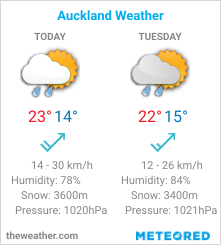
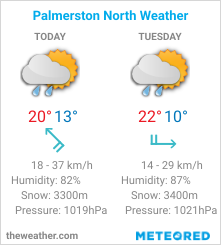
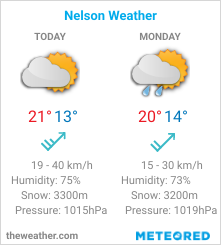
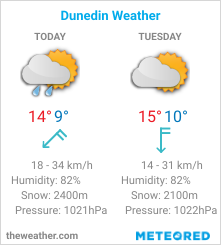
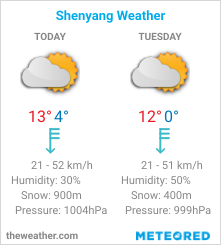
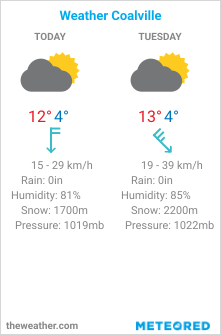
No comments:
Post a Comment
How did you like the post, leave a comment. I would appreciate hearing from you all. Best wishes from JC's Naval, Maritime and Military News